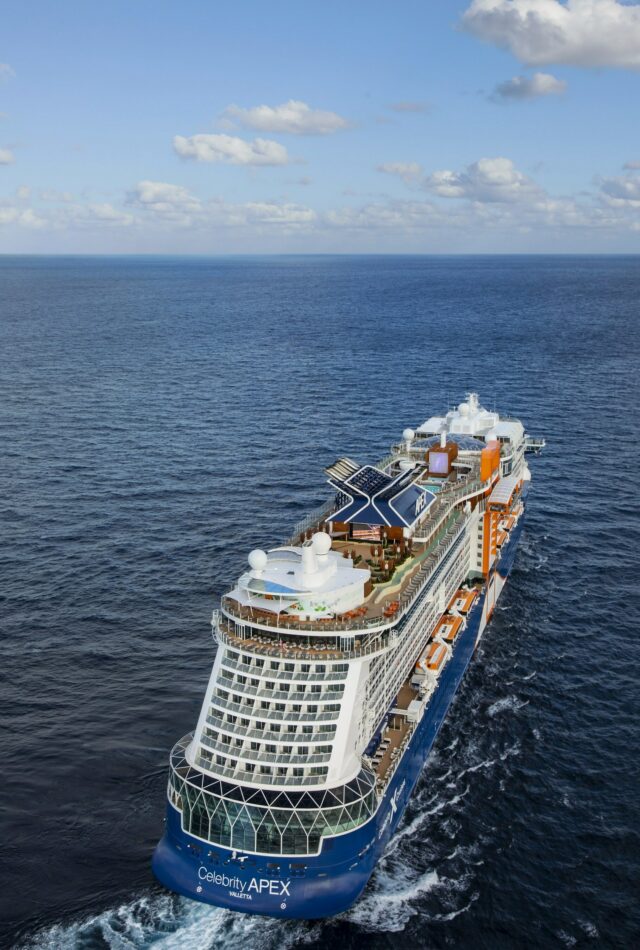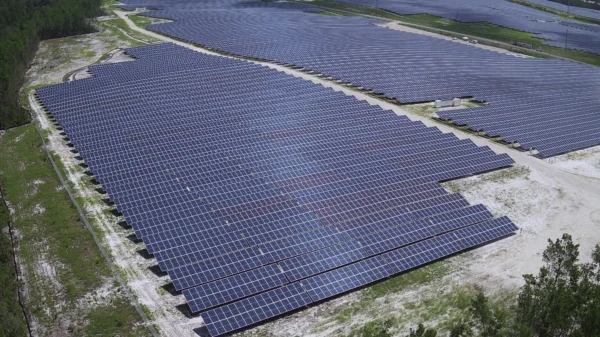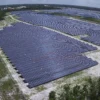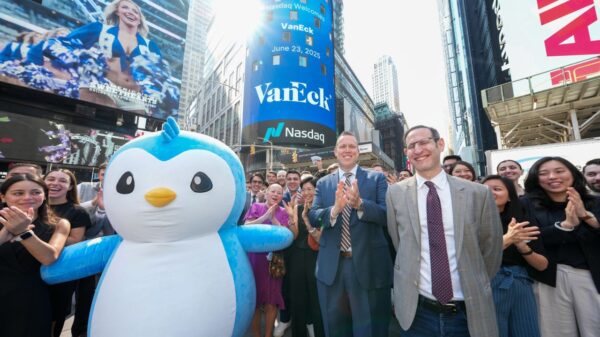Royal Caribbean Group (NYSE: RCL) will be conducting an innovative new test with two of its cruise ships in Europe this summer, utilizing a new low-carbon biofuel and gathering data on its potential value for the future.
On Tuesday, the Miami-based cruise ship company announced that its Celebrity Apex and Symphony of the Seas cruise liners would be leaving from the Port of Rotterdam and Port of Barcelona on a three-month sailing.
The company says the new biofuel blend the ships will utilize is made by purifying renewable raw materials like fats and oils and combining them with fuel oil to create a cleaner more sustainable power source.
Typical heavy fuel oils used in cruise ships are toxic to aquatic life and generally harmful to the environment. According to Europe’s Transport & Environment, they are one of the dirtiest fossil fuels available.
Upon completion of the test this summer, the cruise company plans to scale up its usage of alternative low-carbon fuels for future summer sailings in Europe.
The news follows the company’s Navigator of the Seas ship setting sail utilizing a renewable diesel fuel last fall from a port in the United States, which Royal Caribbean says was the first cruise liner to ever do so.

Celebrity Apex cruise ship. Photo via Royal Caribbean Group
Read more: PepsiCo Canada aims for net-zero emissions by 2040 with electricity matching deal
Read more: Canada and Manitoba fund renewable energy programs to promote fuel-efficient technologies
Like many other governments, countries, companies and other organizations Royal Caribbean aims to be carbon neutral by 2050. The company owns a total of 64 ships that travel to approximately 1,000 different destinations throughout the world.
“With the completion of the trials our hope is to advance our ships’ ability to meaningfully reduce emissions and propel forward strategic partnerships with suppliers and ports to ensure there is sufficient availability of biofuel and infrastructures to make the maritime energy transition a reality,” said Royal Caribbean’s President and CEO Jason Liberty.
“Biofuels will play an increasingly important role in achieving, not only our own, but the entire maritime sector’s decarbonization goals in the short and medium term,” he added.
Governments and companies around the world have been consistently taking measures to transition to more sustainable fuel sources in recent days.
A study released on Wednesday by S&P Global Commodity Insights said that world biofuel use increased by 100 per cent between 2015-2022 and production also increased by 25 per cent.
“Animal fats and used cooking oil are increasingly joining the likes of lithium, cobalt and copper as energy transitional materials where supply constraints are of growing concern,” reads the report.
According to S&P, China imported 130,000 metric tons of used cooking oil to the U.S. during Q1 this year.
Royal Caribbean shares rose by 0.32 per cent Wednesday to trade at US$91.01 on the New York Stock Exchange.
rowan@mugglehead.com














